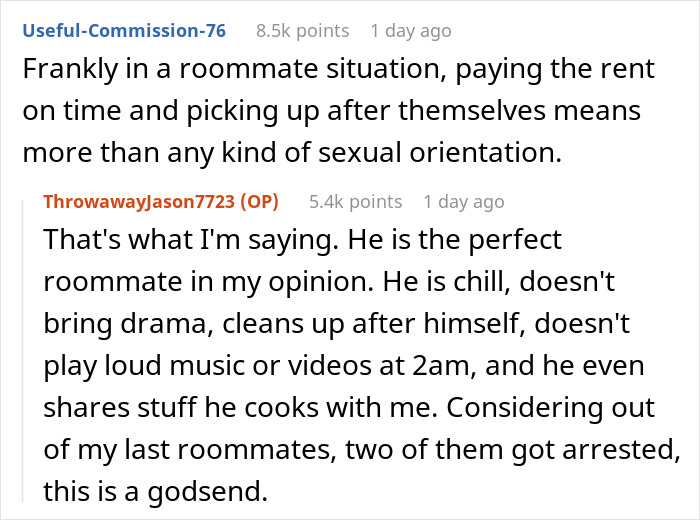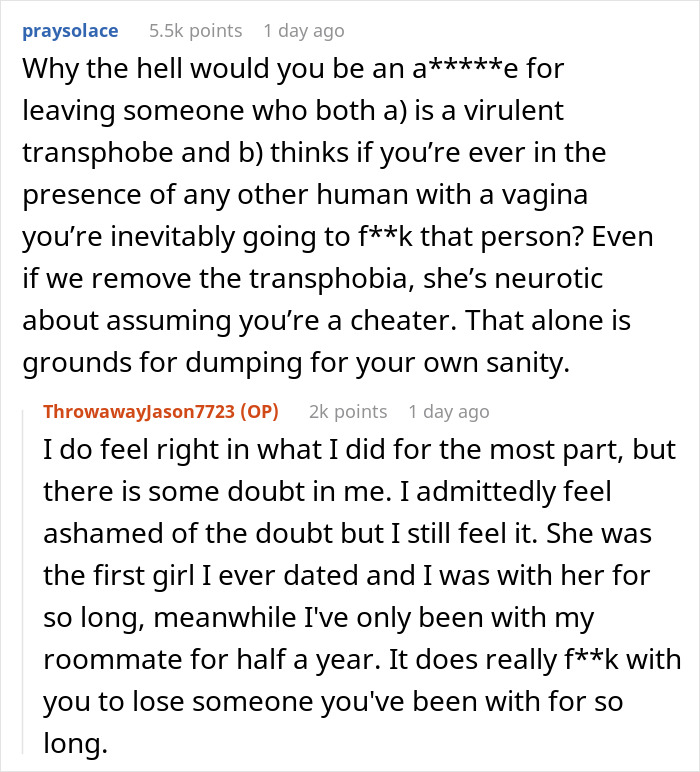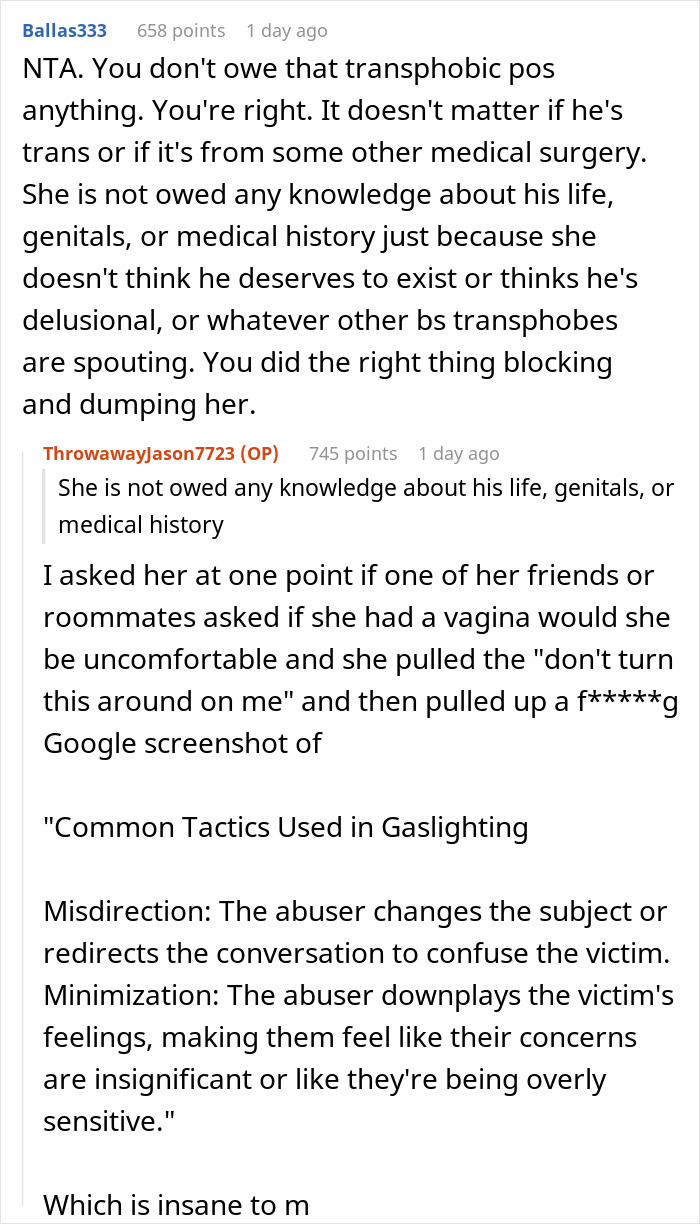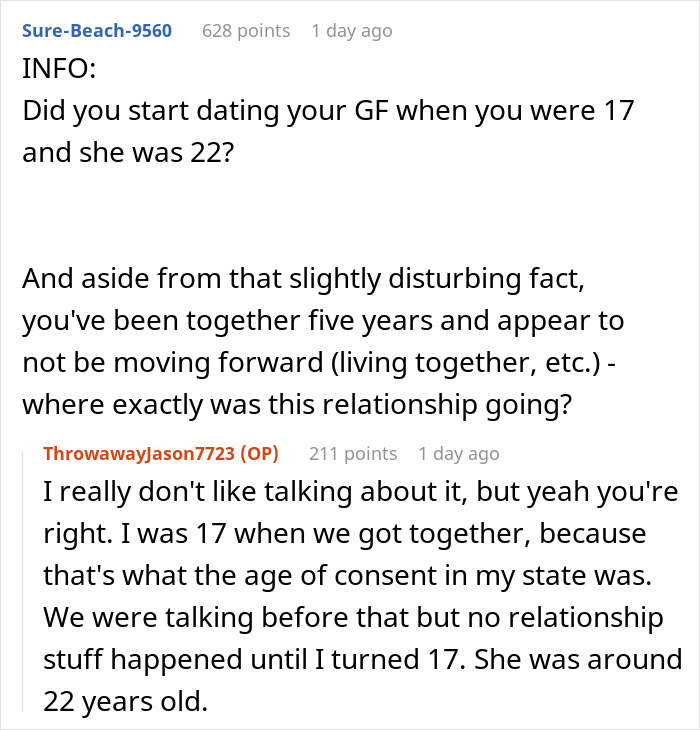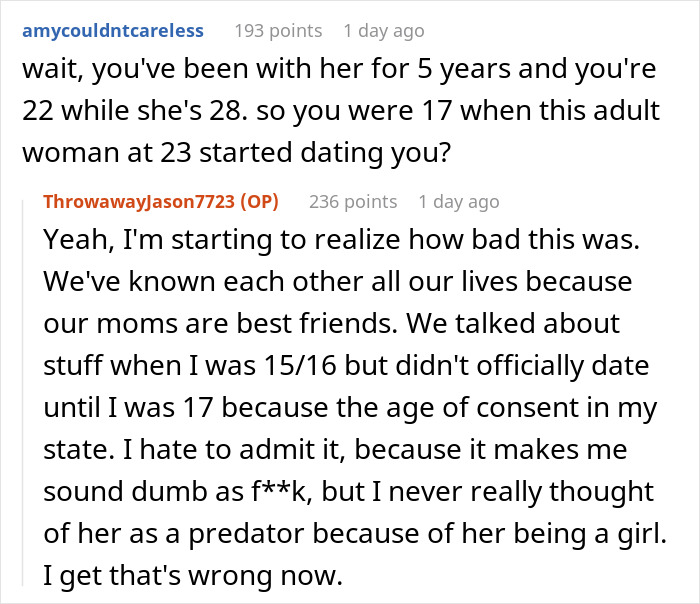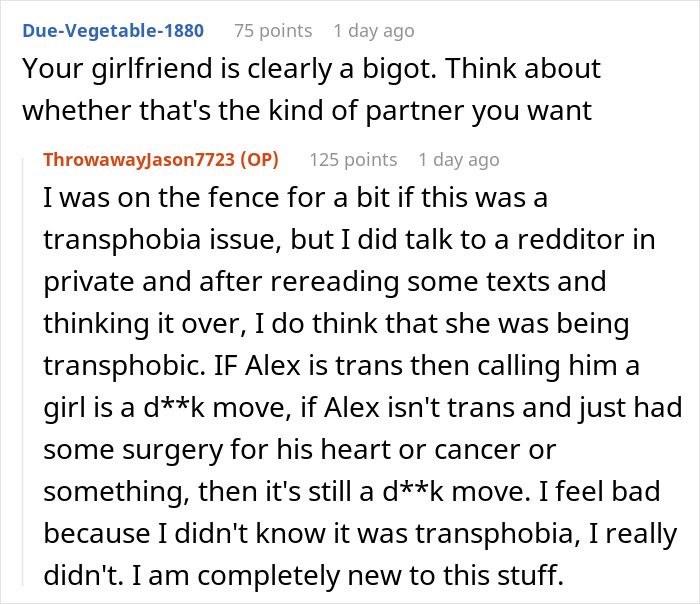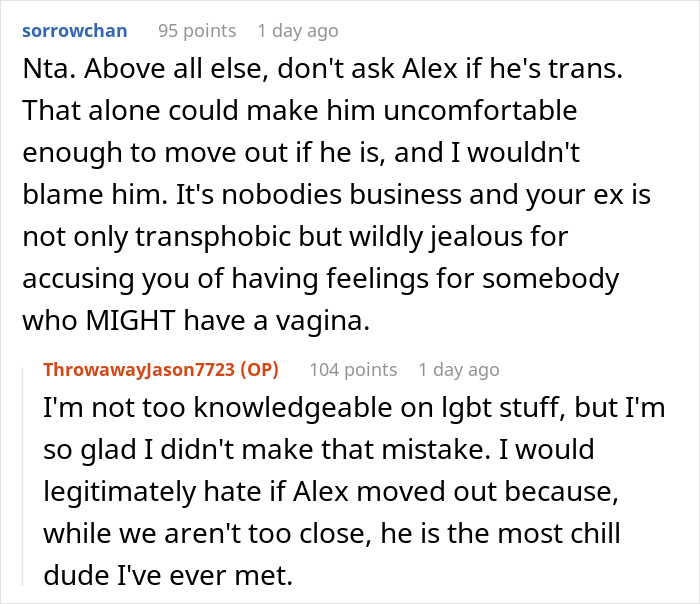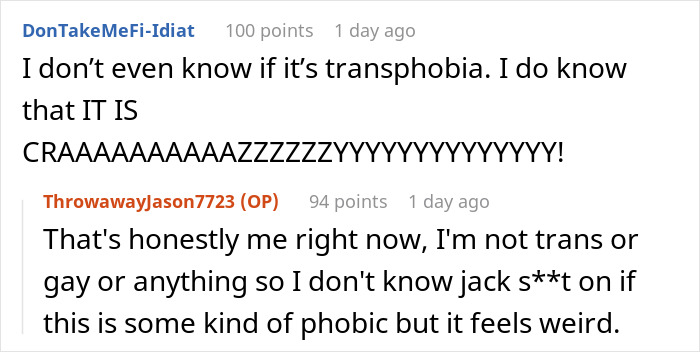As decent human beings, we’re expected to respect each other’s privacy and avoid prying into others’ personal lives. But one Redditor’s girlfriend seemed to think she was an exception.
Suddenly suspecting that his roommate might be transgender, she spiraled into a series of demands, pressuring him to find out and even suggesting he kick the roommate out. Soon enough, however, the situation escalated, and it all backfired in a way she hadn’t expected.
After suspecting that her boyfriend’s roommate might be transgender, the woman insisted he be kicked out

Image credits: varyapigu (not the actual photo)
However, her demands soon backfired in ways she didn’t see coming
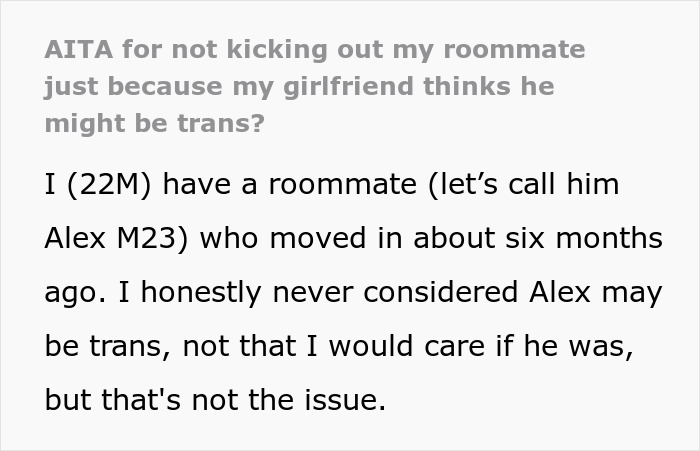
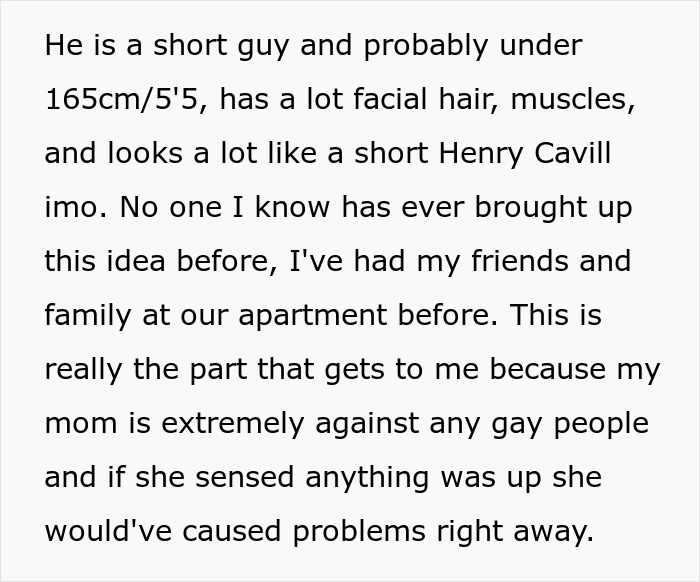
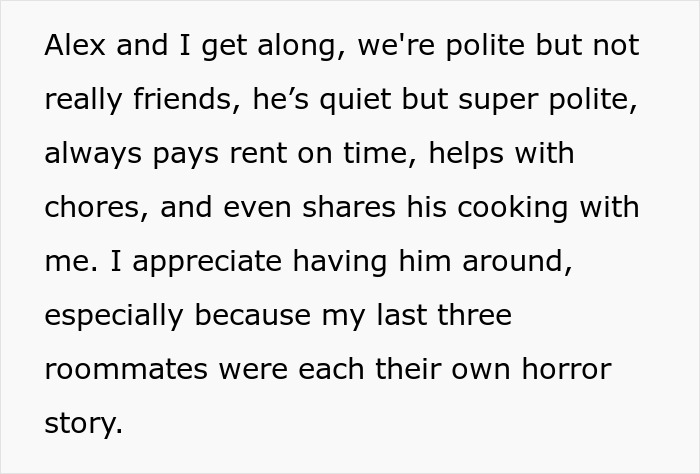

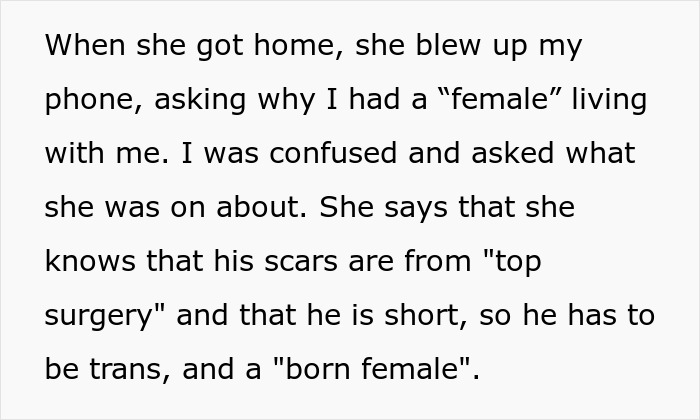

Image credits: DragonImages (not the actual photo)

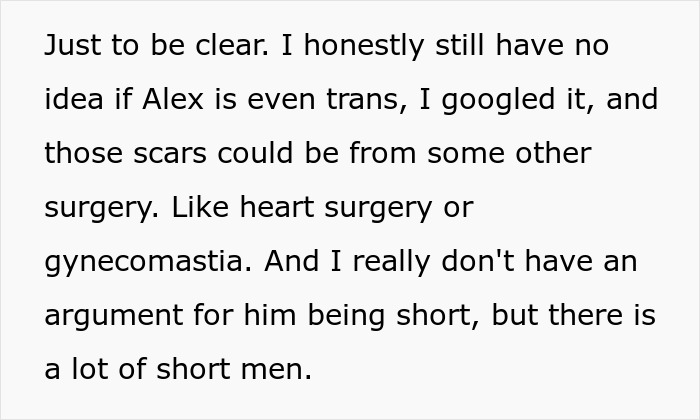


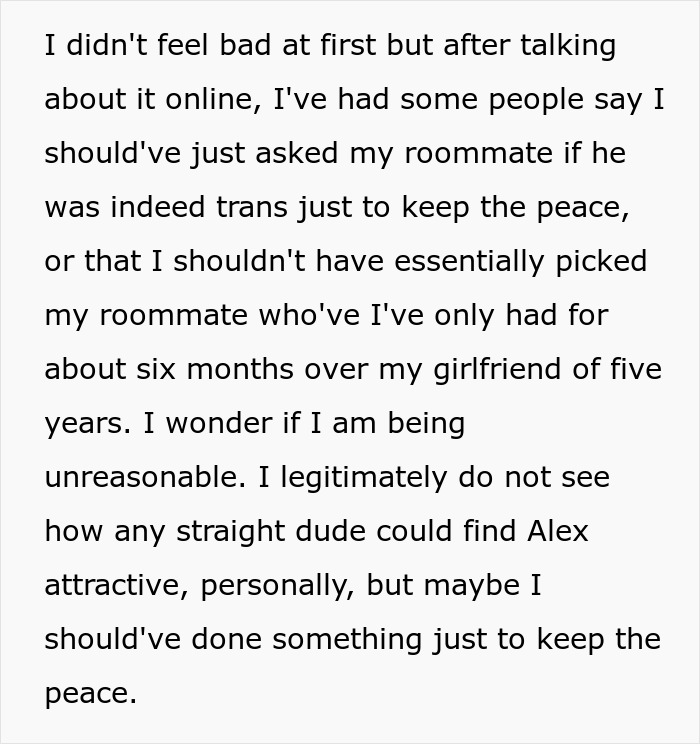

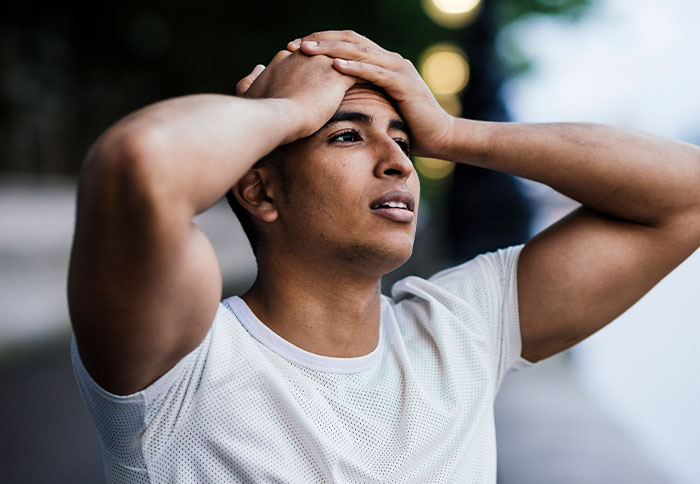
Image credits: Image-Source (not the actual photo)

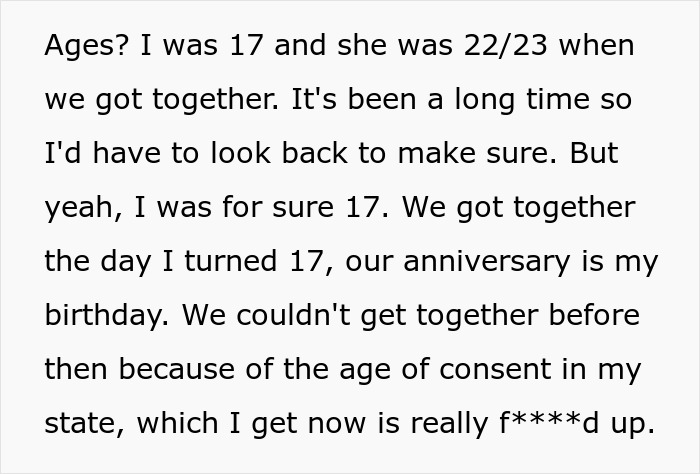
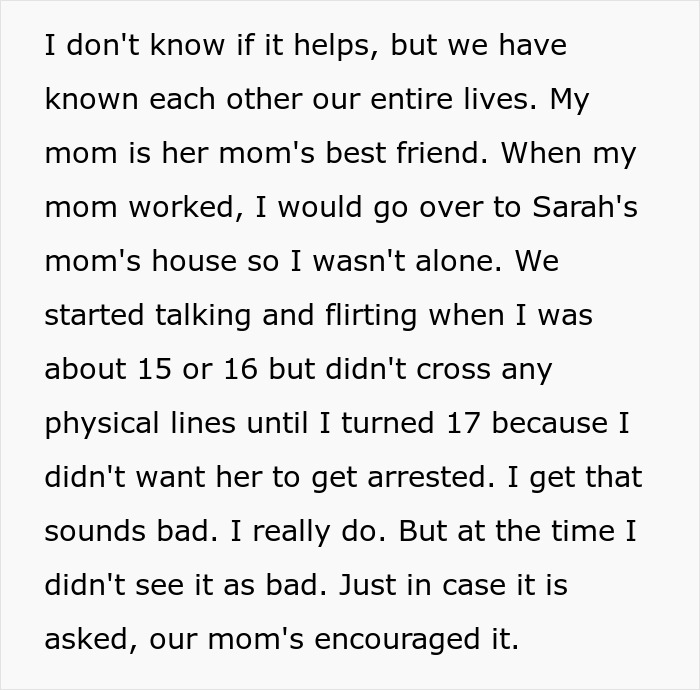
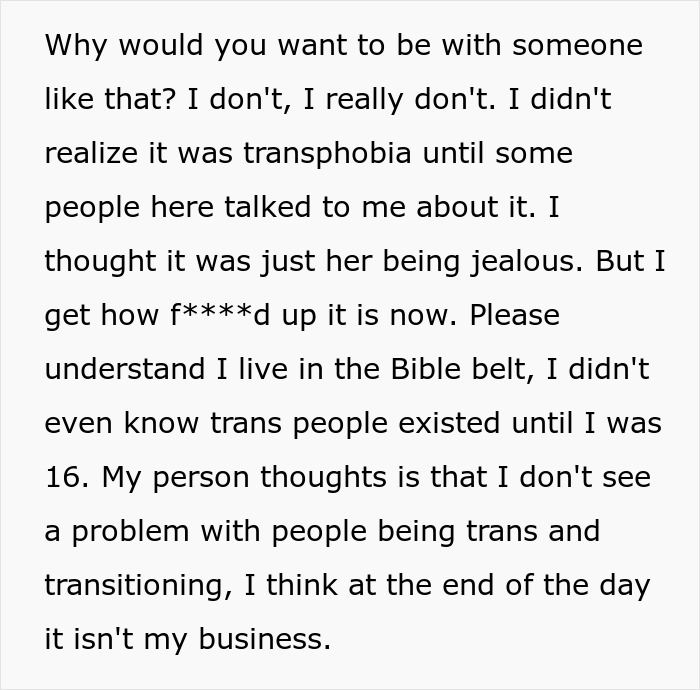

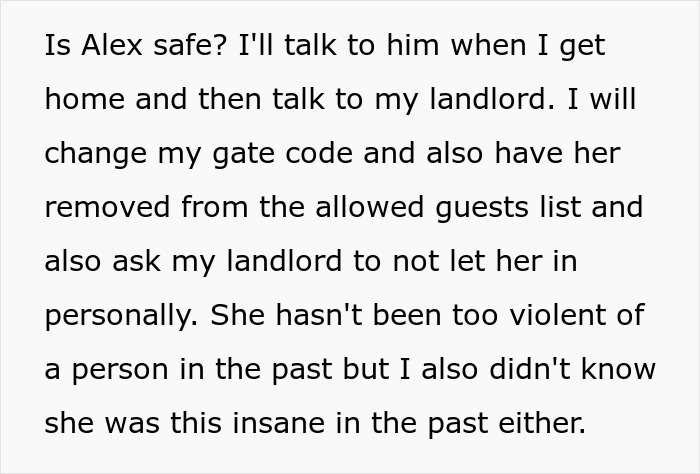

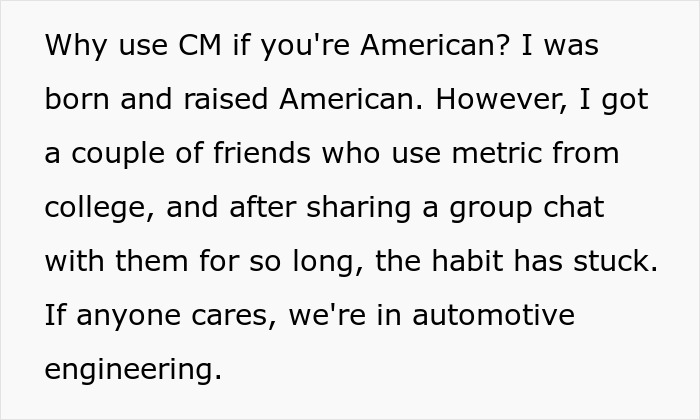

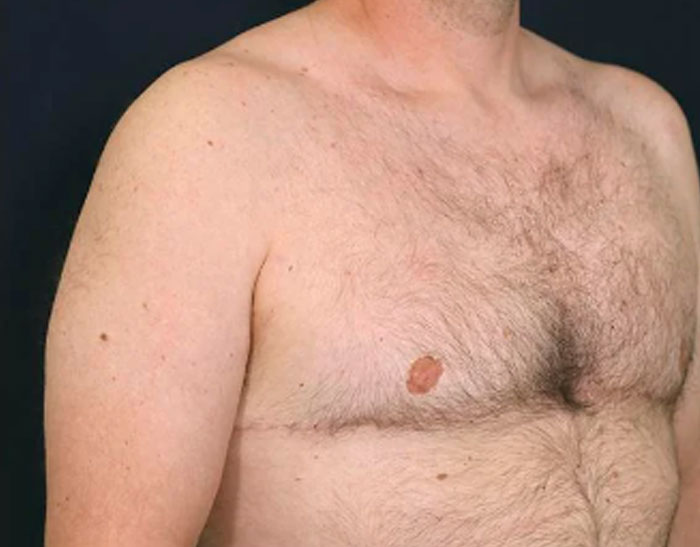
Image credits: drlaw_raleighnc (not the actual photo)

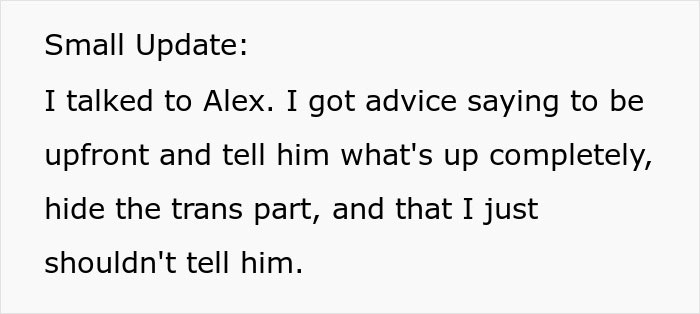


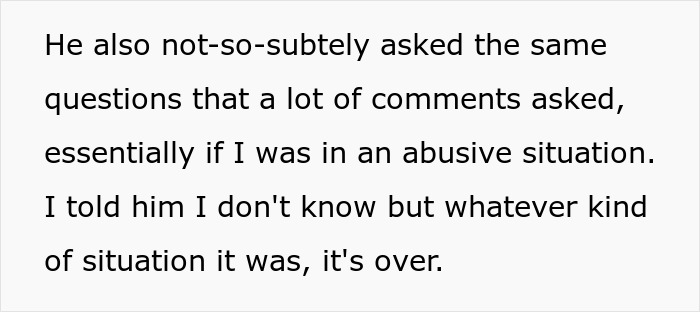

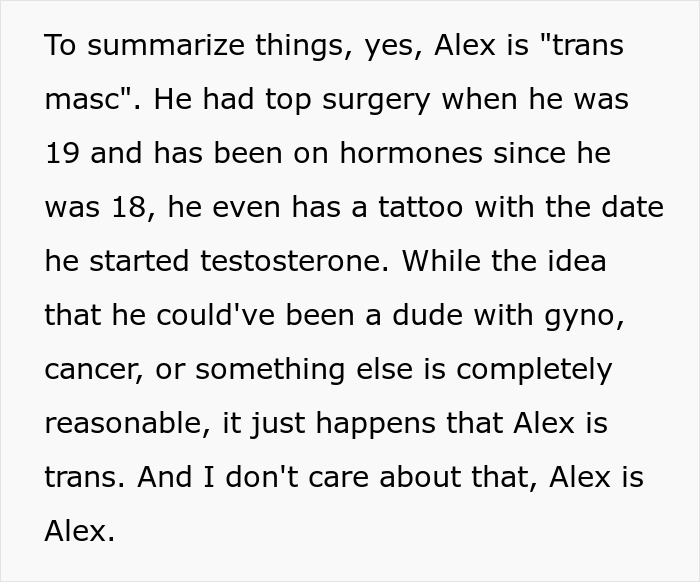
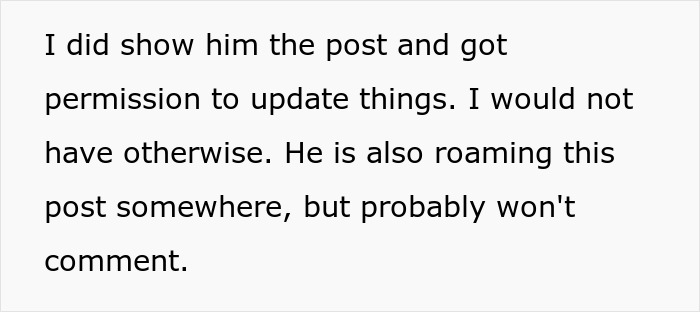

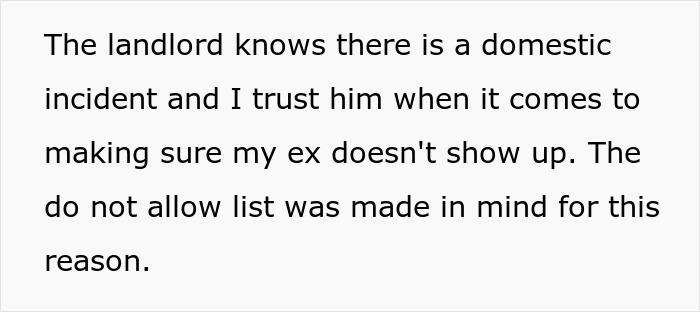
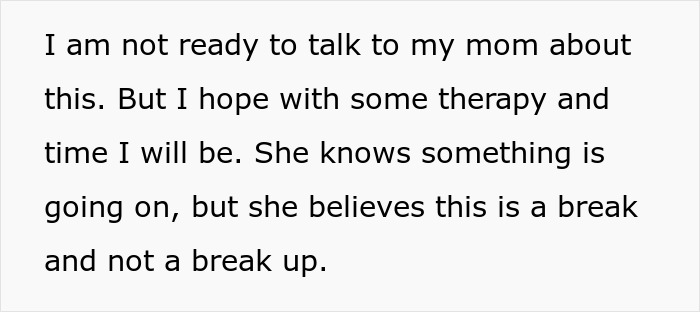
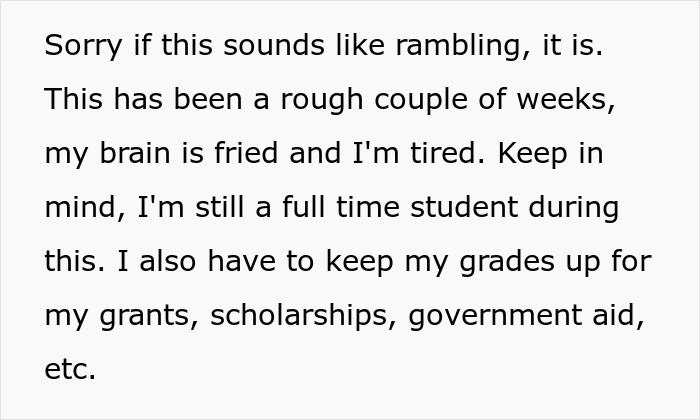
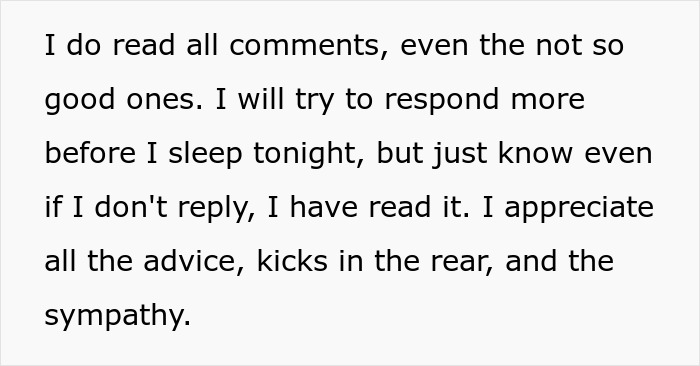

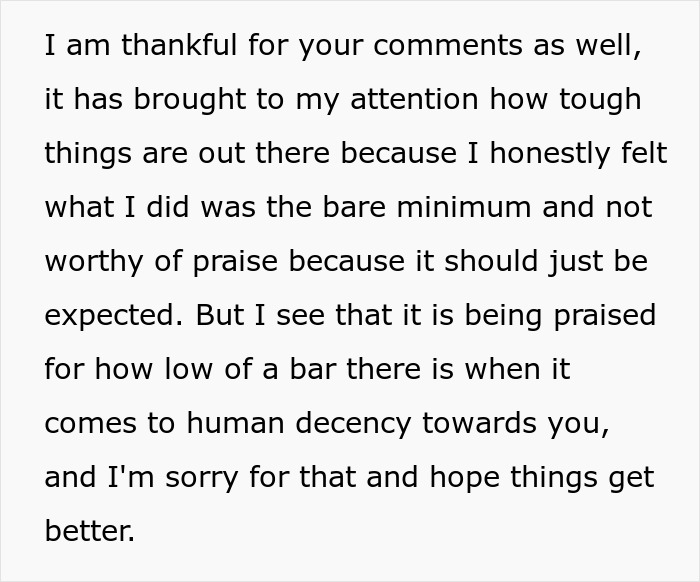
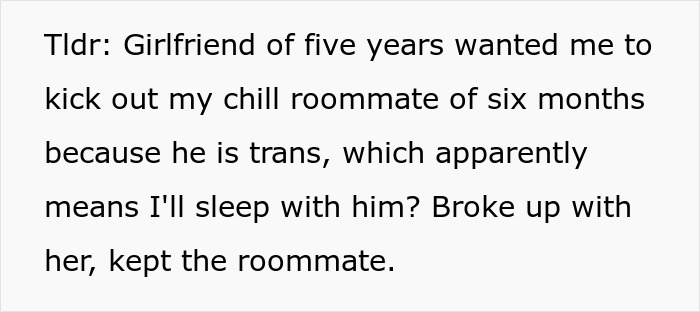
Image source: ThrowawayJason7723
Challenges commonly faced by the transgender community
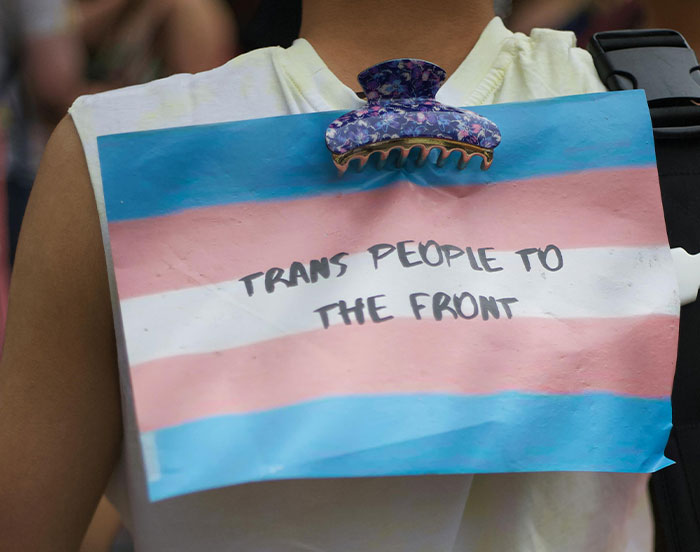
Image credits: Inti Tupac Liberman Ares (not the actual photo)
While it’s inspiring to see OP stand up for his roommate, discrimination against transgender people remains a significant issue that affects their well-being and even puts their lives at risk.
“The biggest human rights issue facing the trans and gender diverse community is safety,” says Mill O’Sull, Head of Trans and Gender Diverse Outreach at Minus18. “Hundreds of transgender people are killed around the world each year, and there are still a number of countries where gender diversity is treated as a crime.”
According to the Human Rights Campaign (HRC), violence against trans individuals is far more common than many might realize. Over half (54%) have experienced some form of intimate partner violence, 47% have been sexually assaulted in their lifetime, and almost one in ten were physically assaulted between 2014 and 2015. As O’Sull points out, this kind of violence can be deadly. So, it’s no wonder that a report by Beyondblue and La Trobe University found 43% of trans and gender-diverse people don’t feel safe on the street, and 32% feel unsafe on public transport.
“Some of the greatest barriers for transgender people come from discriminatory policies and laws,” O’Sull adds. “Bathroom access is a good example. In the US, bathroom legislation has turned into a political battleground for conservative politicians. In states like Alabama and North Carolina, toilet usage is restricted to a person’s gender assigned at birth, exposing trans women to greater risks of physical and sexual violence.”
Healthcare inequality is another serious obstacle. An HRC Foundation analysis found that 22% of trans people, and 32% of trans people of color, lack health insurance coverage. Additionally, over one-quarter (29%) of trans adults have been denied healthcare by a doctor or provider due to their gender identity.
Many organizations and advocates are working hard to address these challenges and raise awareness, but there’s still a long way to go. As the HRC notes, “While advocates continue working to remedy these disparities, change cannot come too soon for trans people.”
Commenters took the man’s side, labeling his girlfriend a bigot and questioning if their relationship was ever healthy to begin with
